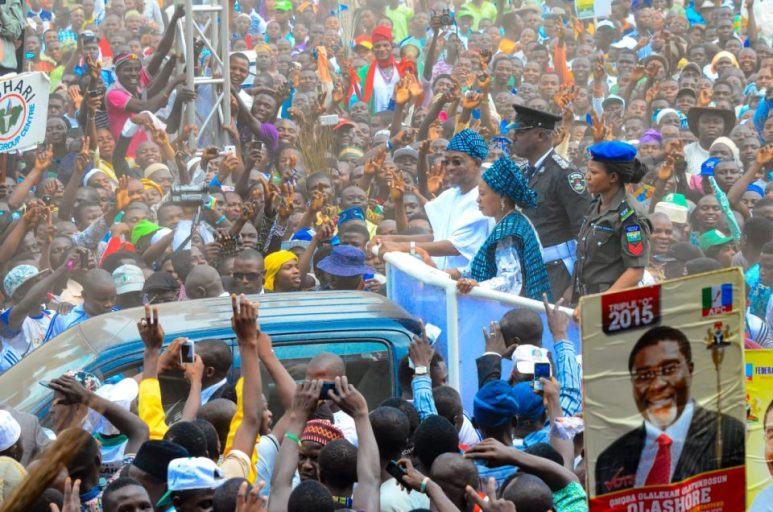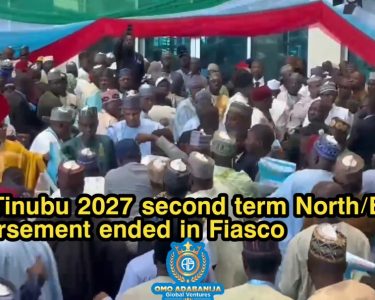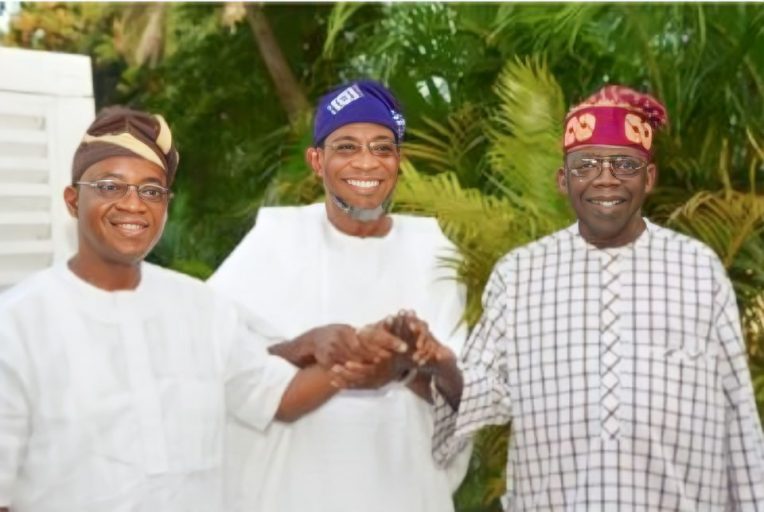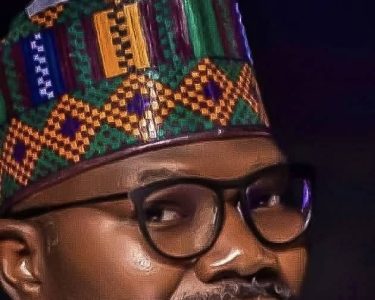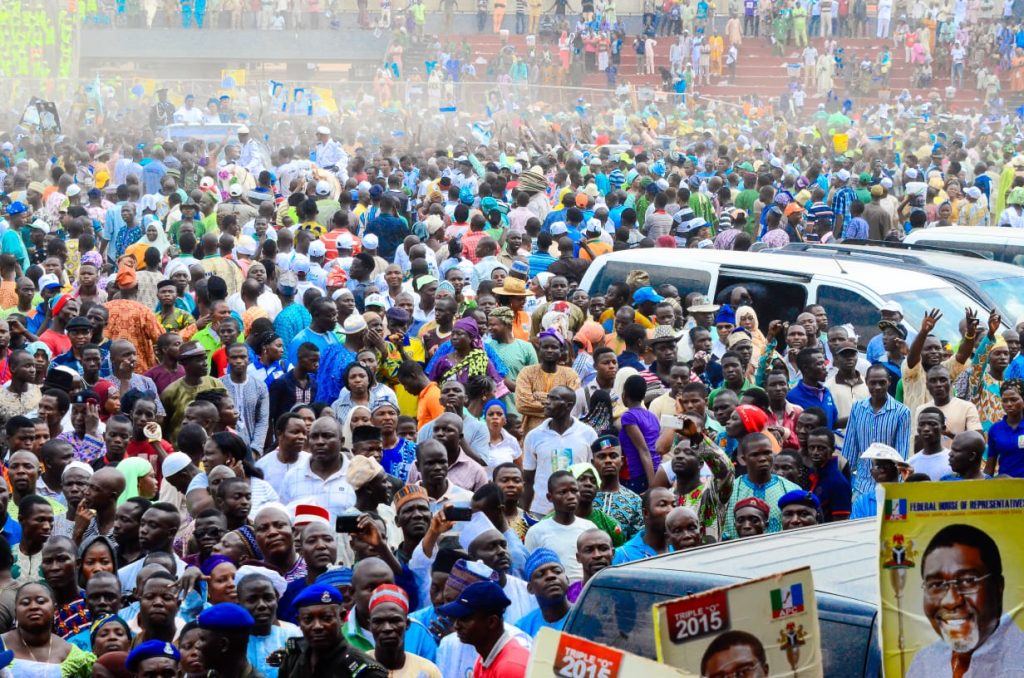
In Nigeria’s complex political landscape, where credibility is often manufactured through media campaigns and fleeting alliances, true “street credibility” remains rare. Yet for over two decades, Rauf Aregbesola has embodied this quality earning, defending, and retaining his political relevance through real grassroots engagement and sustained performance. In Osun State, his name is still spoken with reverence on the streets—not out of nostalgia, but due to a legacy that remains active, alive, and unmatched.
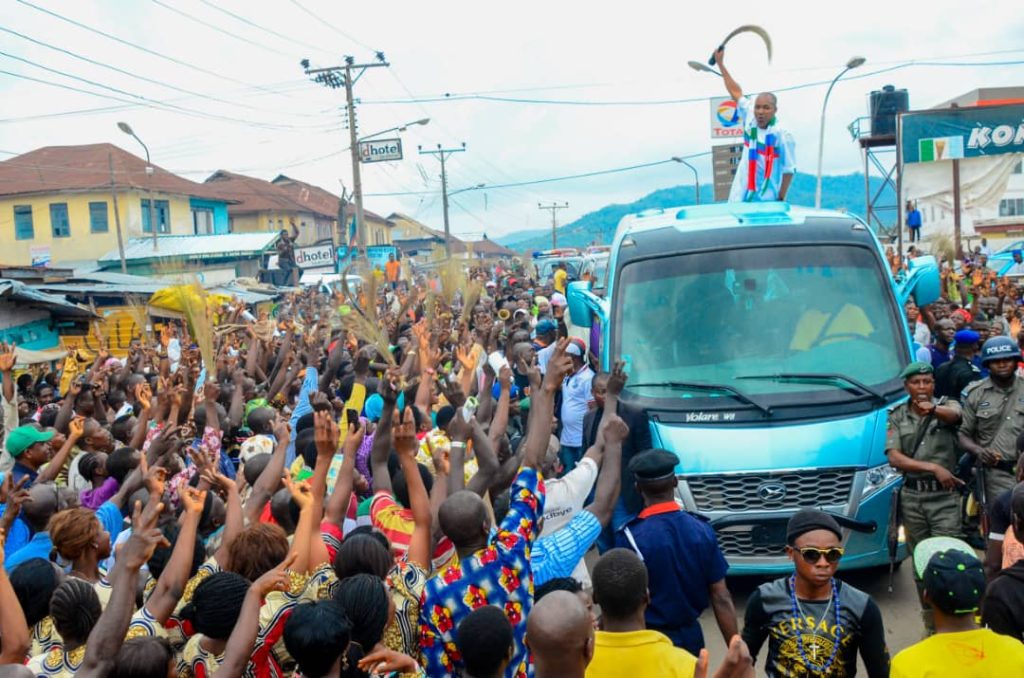

Before Governorship: A Ground Game Built from the Bottom Up
Long before he became governor, Aregbesola had cultivated genuine political followership. His tenure as Commissioner for Works and Infrastructure in Lagos State under then-Governor Bola Ahmed Tinubu (1999–2007) was a masterclass in technocratic delivery and community engagement. He earned visibility across Yorubaland not just for what he built, but for how he carried himself present, accessible, and never too far from the people.
By the time he declared his intention to run for governor in Osun under the Action Congress of Nigeria (ACN), he was already widely regarded as a man of the masses. His 2007 election bid, which eventually culminated in a court victory in 2010, is still remembered as one of the most resilient political battles in Osun’s history. During those three years of legal contestation, Aregbesola never left the streets. He organized solidarity marches, kept direct contact with grassroots supporters, and turned what could have been political silence into a movement. That energy carried him into office not through elite negotiation, but through popular mandate.
During Governorship: A Leader Who Walked the Talk
Upon assuming office in November 2010, Aregbesola quickly proved that his street credibility was not just rhetoric. His administration embarked on massive road construction and urban renewal programs projects that visibly impacted everyday life in the state. He wasn’t governing from behind a desk. He was often seen visiting project sites, walking with engineers, inspecting schools, and mingling with market women. In a political climate where many leaders are aloof, Aregbesola remained rooted in the street-level pulse of governance.
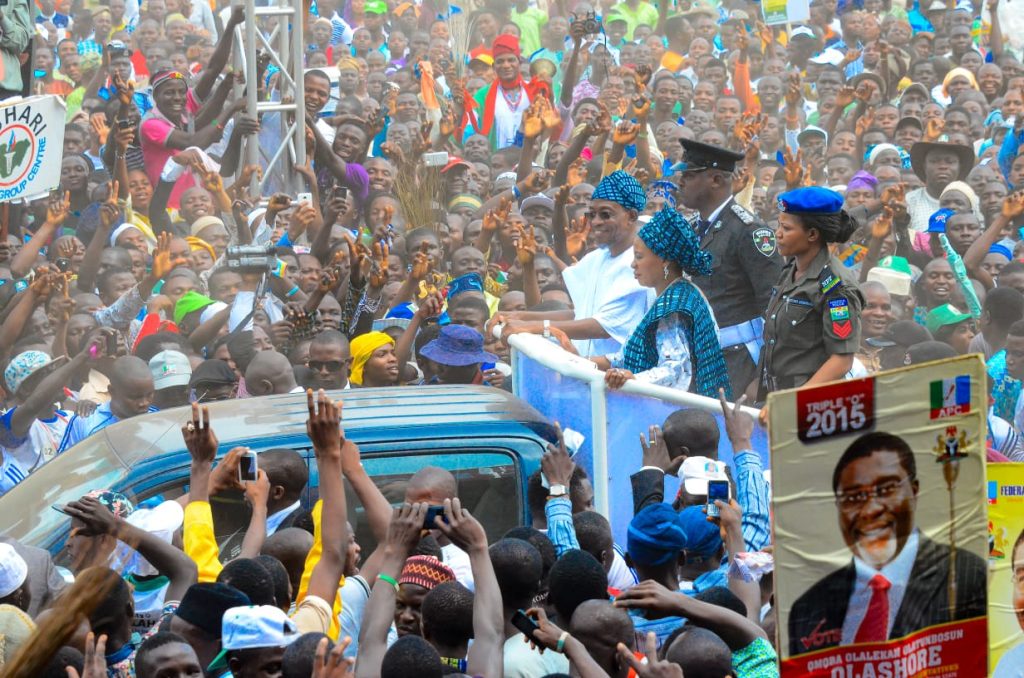

This accessibility proved politically vital. During the 2014 re-election campaign one of the most politically charged elections in Osun’s history he faced a formidable opposition backed by the federal government. Yet, it was his grassroots network that delivered. Ward by ward, street by street, supporters rallied not just for a politician, but for someone they considered one of their own. His second-term victory was not only a personal triumph but a resounding endorsement of his leadership style.
After Governorship: Still Walking Among the People
Even after leaving office in 2018, Aregbesola’s political relevance has not waned. Appointed as Nigeria’s Minister of Interior, he remained actively engaged in Osun’s political terrain. More importantly, he didn’t sever ties with the base that built him. He continued to interact with youths, artisans, traders, and religious leaders not as a former governor seeking favors, but as a political custodian of their interests.
His presence in Osun’s 2022 gubernatorial race, though controversial within the APC ranks, showed his influence had not diminished. While political alignments may shift, the loyalty of the grassroots to Aregbesola remains consistent. His name still commands attention in the streets of Osogbo, Ilesa, Ikirun, Ede, Ife ,Iwo and beyond.
Conclusion: Street Credibility as a Political Asset
Rauf Aregbesola’s street credibility is not built on theatrics or social media optics. It is rooted in hard-earned trust, direct engagement, and visible results. From his early political activism to his two-term governorship and national service, he has never lost touch with the people who matter most in politics: the electorate.
In an era where many politicians are made in boardrooms or curated online, Aregbesola stands out as a leader built on the ground. His story offers valuable lessons: that enduring political relevance comes not from proximity to power, but from proximity to the people.

